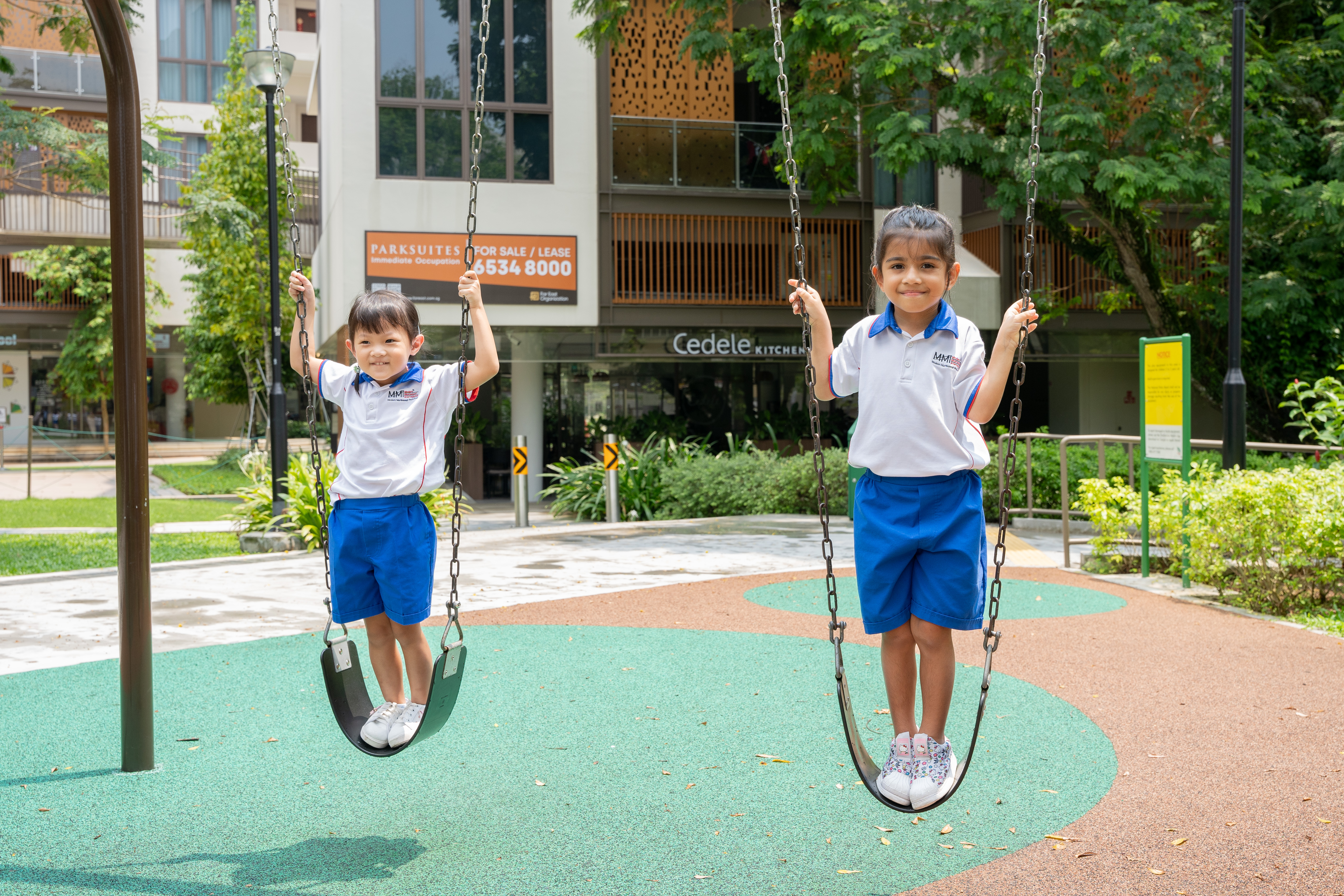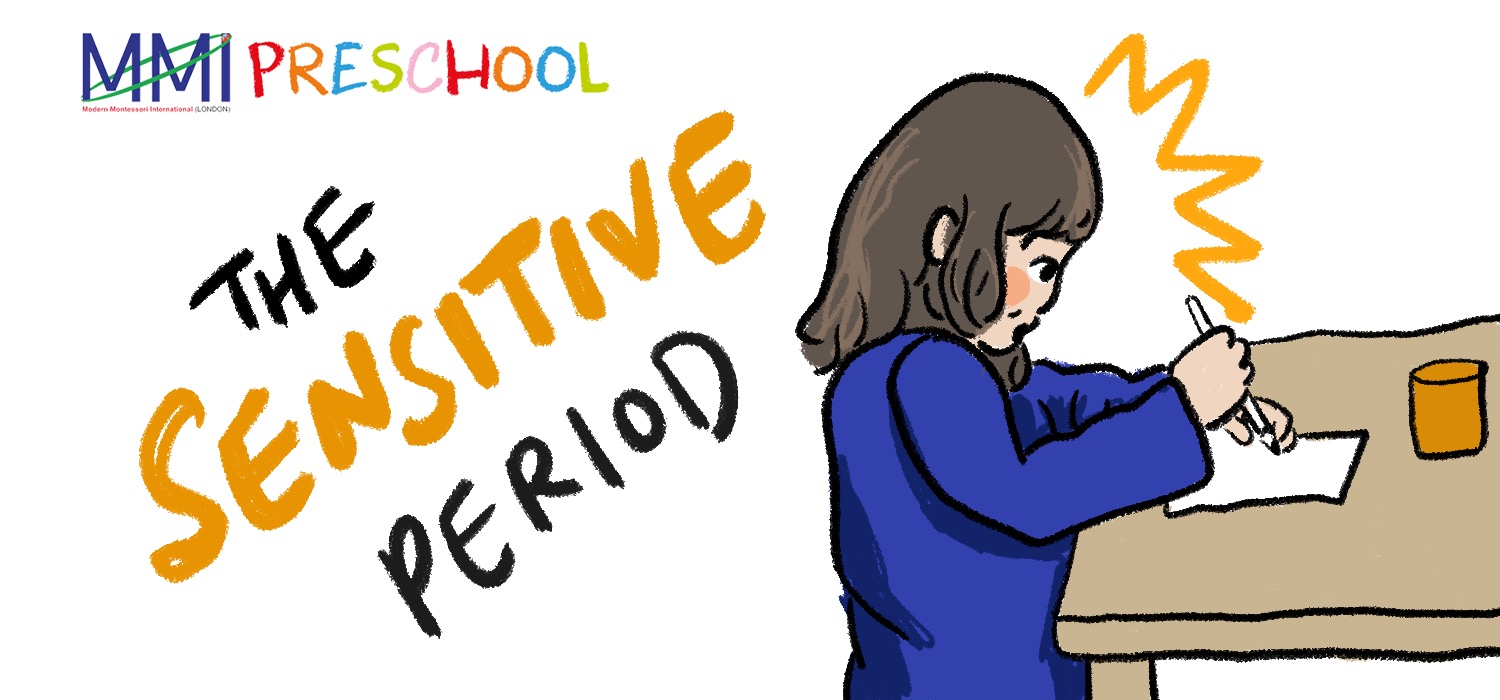Montessori At Home
You might have heard about the Montessori schools and their educational programs, but did you know that you can implement some Montessori concepts and theories into your home as well?
In fact, Dr. Maria Montessori first began developing her ideas about how children can learn when she was working with children who lived in low-income apartments! Maria Montessori believed that children could initiate their own learning- thus having a mixture of materials and activities that are specially intended to develop a well-rounded child, would encourage the child’s natural curiosity and foster an inherent love for learning in them.
Where Do I Start?
Finding ways to implement Montessori theories at home may at first sound like a daunting task. However, if you are willing to understand your child and believed that they are capable of completing many activities (yes, even the little ones!), you can make some changes around your home to set yourself and your child up for Montessori success!
1. Look at your home through your child’s eyes
A big part of Montessori principles is to instill care for the environment within a child. As children need a sense of belonging, involving your child fully in the routines of everyday life would encourage your child to develop responsibility towards the environment that they live in.
To start, the home environment should be well organized- making sure that there is a clearly defined space for everything. When you designate a space for all the different items available, your child will quickly learn where each item is supposed to be. This would make it easier for your child to pick up the habit of getting and putting the items back in their respective locations, thus establishing order for himself.
To effectively rearrange the environment, the learning materials that you want your child to work with must be more accessible to them. This can be done by storing and displaying the materials on lower shelves and sorting them out in different baskets.

2. Focus on life skills
In the Montessori classroom, practical life is an area that encompasses skills that are useful to everyday life. As these skills aim to help your child gain control of their coordination and developed their independence, these classroom activities are extremely suited and transferable to the home environment too! As Dr. Maria Montessori said, “Children learn through repetition”. By simply providing your child with the opportunity, and with the things that they need, your child would be able to learn how to take care of themselves. Mastering these skills would give your child a sense of belonging and confidence as you set them up to be responsible adults in the future.
However, it is important to match the tasks with their age and abilities! For example, younger children can help to wipe the table after a meal or pick up their toys while older children can participate in more complex tasks such as simple meal preparation or helping with the laundry. Remember that doing these activities should be FUN! Remind your child that it is always okay to stop when they feel overwhelmed and encouraged them to keep practicing! As collaboration creates connection, these activities will not only develop your child’s confidence, but they would feel much involvement in the family.
Other than developing movement and coordination skills, there are also many opportunities around these activities. Parents can take the opportunity of engaging the child in a new experience and introduce new vocabulary and sentences to them. Through collaboration on a task, while making meaningful conversation, a fun learning environment is created! These are just a couple of ways you can start your Montessori journey at home! We hope that these ideas are useful in your parenting journey.








Leave A Comment